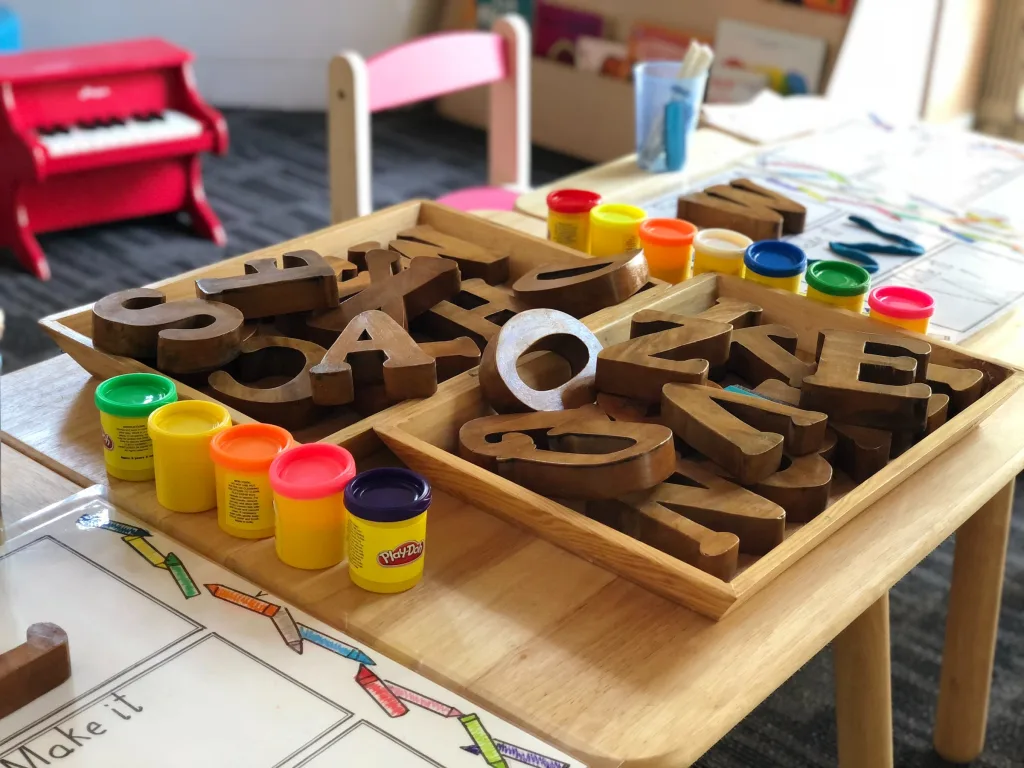During the first years of their lives, children learn many skills they will use later. For example, they are learning how to communicate, and they are developing a variety of social and decision-making skills. In addition, they are learning math and science and how to express themselves through simple texts, storybooks, and poems.
Develop Social Skills
Developing social skills in preschool Redmond, WA is key to preparing children for success in school and throughout life. Having good social skills helps children develop positive relationships with others and allows them to become more capable.
Social skills include verbal and non-verbal communication, cooperation, and problem-solving. Preschool children develop these skills through their interactions with teachers and peers.
Parents play an important role in developing their children’s social skills. They should provide their children opportunities to practice these skills throughout the day. They should also be consistent in their instruction. They should encourage their children to discuss their feelings and talk about conflicts when they arise.
Children also need to learn how to distinguish between sad and angry feelings. They should also learn how to identify other people’s feelings and use empathy to respond to them.
Gain a Multi-Functional Understanding
Among the many things to do in preschool, acquiring a multi-functional understanding of letters and words has to be a top priority. The best way to accomplish this task is to implement a multi-sensory approach. You can do this by incorporating play into your lesson plans. You can also enlist your child in the discovery process by providing a fun and free outlet. It is also a good idea to make your child a part of the decision-making process, allowing them to choose from the numerous options. This will ensure that your child will be more likely to try new things and less likely to give in to peer pressure.
In short, acquiring a multi-functional understanding of letters is a process that is best viewed as a learning experience. Therefore, this is a good time to test your child’s curiosity and enthusiasm for the written word.
Express Themselves
During preschool, children engage with a wide range of text types. Typically, most of their exposure to narrative texts comes from picture storybooks. Other narrative text types include multimedia texts, art, and theatre. These types of texts can be particularly helpful in teaching children about the structure and function of the text.
For example, children may also engage with a magazine or newspaper and read a book. They may also use writing as a way to express themselves. For example, some children use handwriting as a way to write poems. They may also engage with a poster or sculpture.
While reading a book is the most common way for children to learn to express themselves, other texts may be more fun and engaging. For example, a child may like to make an instructional manual or a sign for a pretend grocery store.
Develop an Intuitive Knowledge
Developing an intuitive knowledge of science, math, and geography in preschool is an important part of cognitive development. It is also an essential foundation for science education.
Children’s knowledge of the natural world can emerge from culture and everyday interactions with the world. They are also sensitive to high-level causal patterns and covariation patterns. These patterns are used to infer cause and effect.
Early studies suggest that preschoolers use causal reasoning in different ways depending on the type of event. In addition, they use various sources of information that influence their thinking, such as their perception, the testimony of others, and a variety of sources of environmental cues.
In the early preschool years, children develop an initial theory of mind, a set of beliefs that forms the basis for their thinking. This theory provides a basis for explaining their beliefs and a framework for thinking about their knowledge.
Develop Decision-Making Skills and Responsibility
Developing decision-making skills and responsibility in preschool helps children learn important life skills. It can also encourage a sense of value. These skills are essential for children to become successful adults. Children can develop reasoning skills and solve conflicts by practicing good decision-making.
As children grow, they will encounter many challenging situations. Helping them develop decision-making skills and responsibility is the key to a smooth transition from preschool to adulthood.
A strong decision-maker student must learn how to take both opposing viewpoints. They must also develop the skill of regulating their emotions. They need to identify their values and resist peer pressure.
Students can learn these skills by analyzing real-life scenarios and discussing them with the class. Students can also work in groups to come up with solutions.



